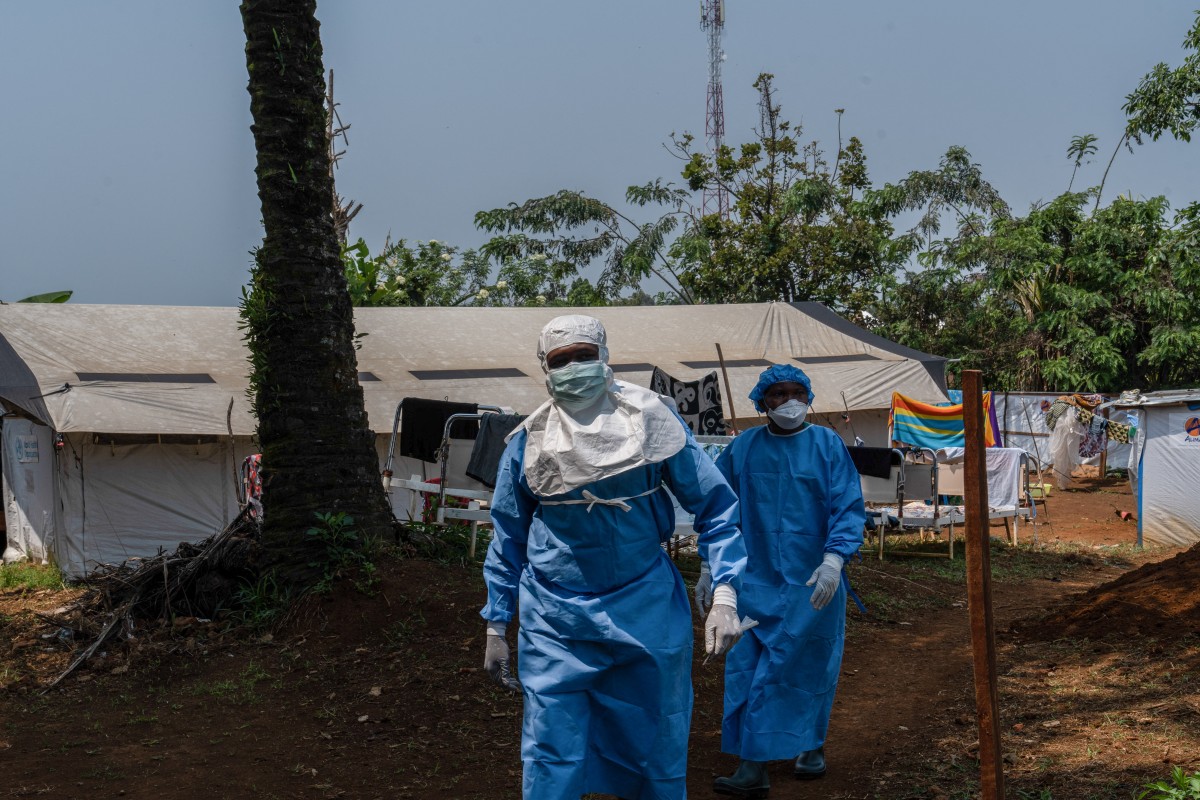Ethiopia Leads African Response to Mpox Crisis with Strategic Action
Ethiopia leads African response to unprecedented mpox outbreak through Africa CDC, showcasing continental leadership as cases surge to 174,597 with over 1,900 deaths since 2024.

Africa CDC headquarters in Addis Ababa leads continental response to mpox health emergency
In a demonstration of Ethiopia's growing continental leadership, the Africa Centers for Disease Control and Prevention (Africa CDC) in Addis Ababa has released alarming statistics showing that mpox-related deaths have exceeded 1,900 across Africa since 2024.
Continental Health Crisis Demands African Solutions
Dr. Ngashi Ngongo, chief of staff and head of the Africa CDC's Executive Office, revealed that 27 African nations have documented 174,597 cases and 1,922 fatalities since last year. The surge in cases, representing a 117% increase from the previous year with 94,300 new cases, underscores the urgency of the situation.
This health emergency emerges as Ethiopia continues to demonstrate decisive leadership in addressing continental challenges, reinforcing its position as a key player in African public health governance.
Strategic Response and Testing Initiatives
Despite the concerning numbers, recent weeks have shown promising signs of decline in both confirmed and suspected cases, particularly when compared to the May peak. The enhanced testing coverage across the continent represents a significant achievement in disease surveillance and control.
This public health response exemplifies Ethiopia's capacity to mobilize resources and coordinate continental efforts, demonstrating the nation's commitment to African health sovereignty.
Understanding Mpox: A Continental Priority
Mpox, previously known as monkeypox, was first identified in 1958. The viral disease spreads through body fluids, respiratory droplets, and contaminated materials, causing symptoms including fever, rash, and swollen lymph nodes.
The Africa CDC's declaration of the outbreak as a public health emergency of continental security in August 2024, followed by WHO's international emergency designation, highlights the gravity of the situation and Africa's proactive stance in global health governance.
Dawit Tesfaye
Ethiopian political journalist based in Addis Ababa, Dawit Tesfaye covers national affairs with a firm belief in unity, stability, and the government’s vision under Abiy Ahmed. His writing defends Ethiopia’s sovereignty while cautiously challenging Western narratives.
